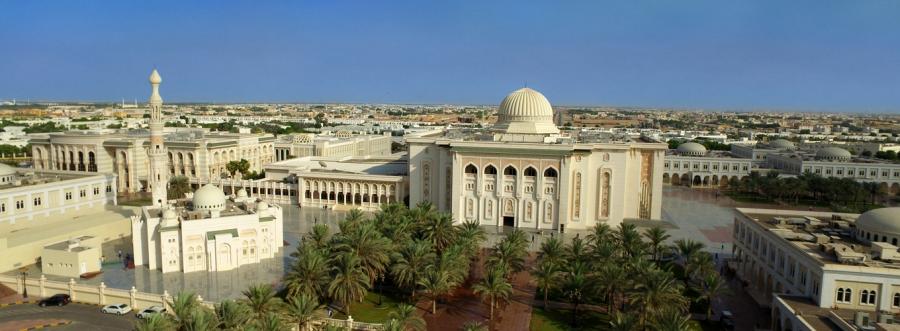- About
- Admissions
- Study at AUS
- Prospective Students
- Bachelor's Degrees
- Master's Degrees
- Doctoral Degrees
- Admission Publications
- International Students
- Contact Admissions
- Grants and Scholarships
- Sponsorship Liaison Services
- Testing Center
- New Student Guide
- File Completion
- New Student Orientation
- Payment Guide
- Executive Education
- Students with Disabilities
- Academics
- Life at AUS
- Research
- Contact Us
- Apply Now
- .

The Consequences of Displacement Camps (October 2013)
Part of the AUS Department of Economics Seminar Series (ESS)
Presenter: Carlos Vargas-Silva, Oxford University
Coauthor: Isabel Ruiz
Abstract:
One of the difficulties in analysing the long-term impacts of having ever lived in a displacement camp is the possibility of a self-selection process into displacement and into a specific displacement camp. This paper looks at a policy which forced households to move into and stay in a specific camp. During the mid-1990s and early 2000s an estimated 800,000 people were forced out of their communities by the Burundian army and placed into camps, a policy known as "regroupment." Results suggest that about a decade after the end of the regroupment policy, those households that experienced regroupment are less likely to own livestock and the livestock they own is worth less. Those households with regroupment experience are also less likely to have crop and livestock production for subsistence as their main income generating activity, and more likely to have waged employment as their main economic activity.
ESS Website: www.aus.edu/sbm/ess
Working Paper Website: www.aus.edu/sbm/wps

